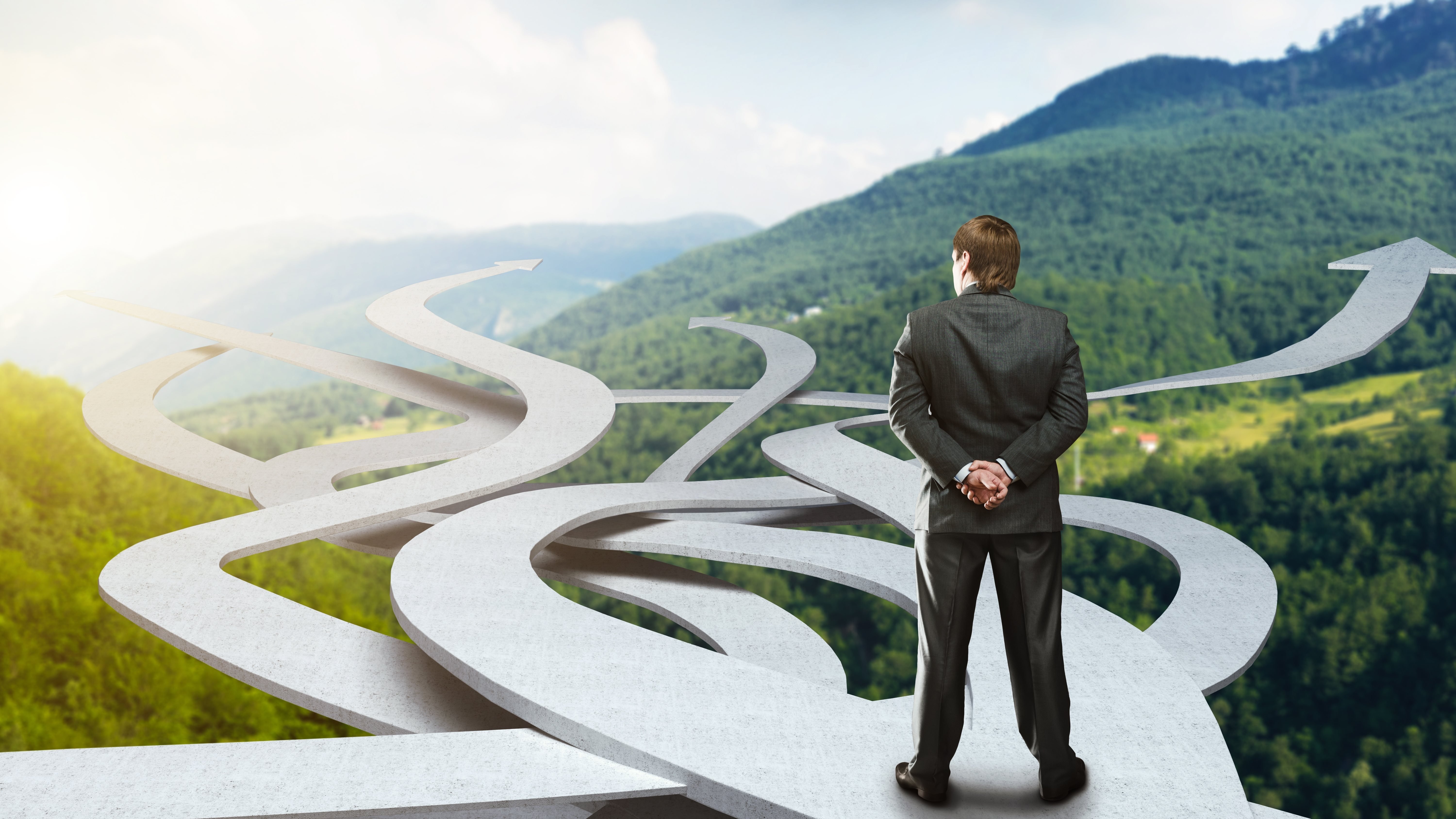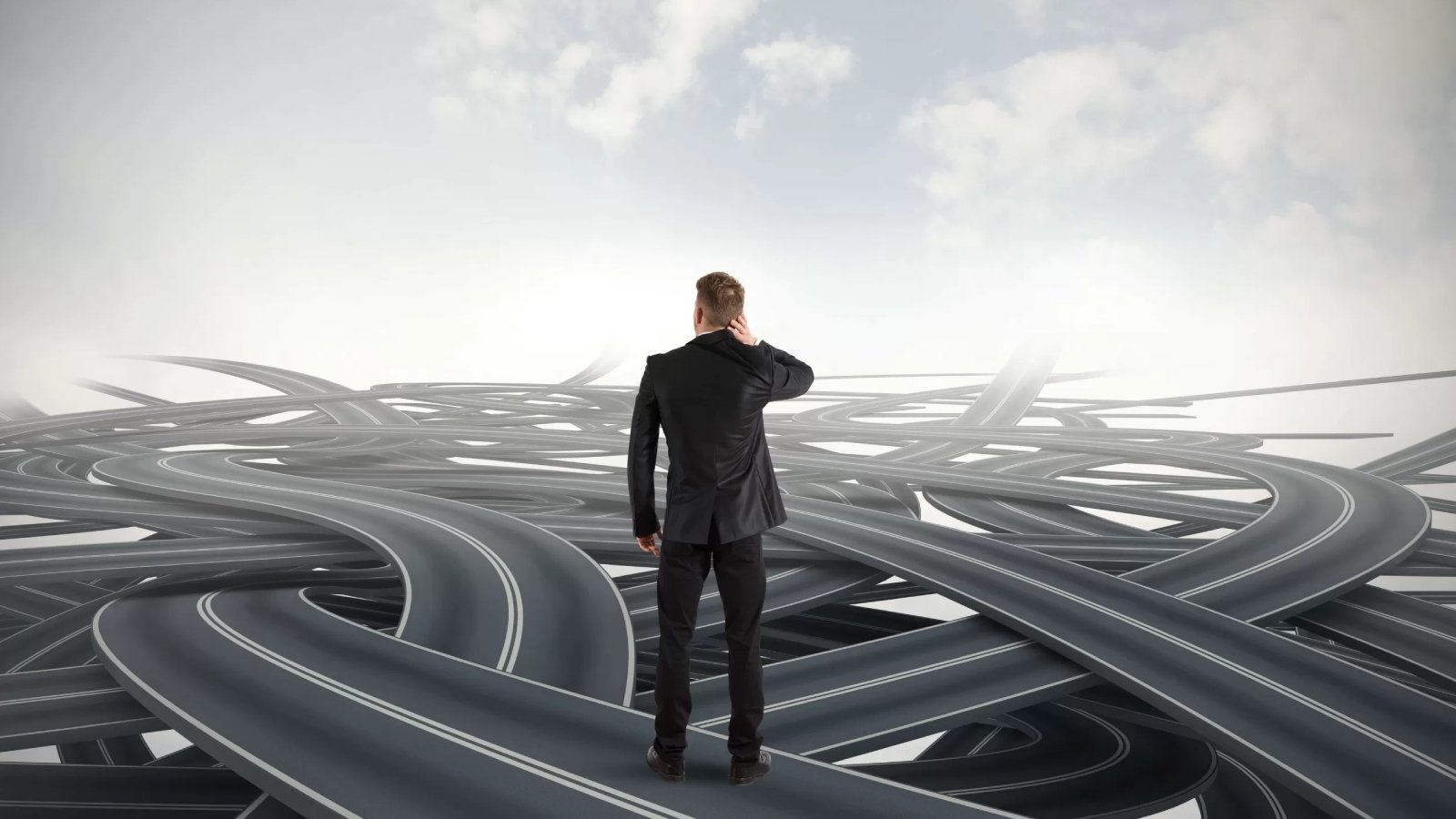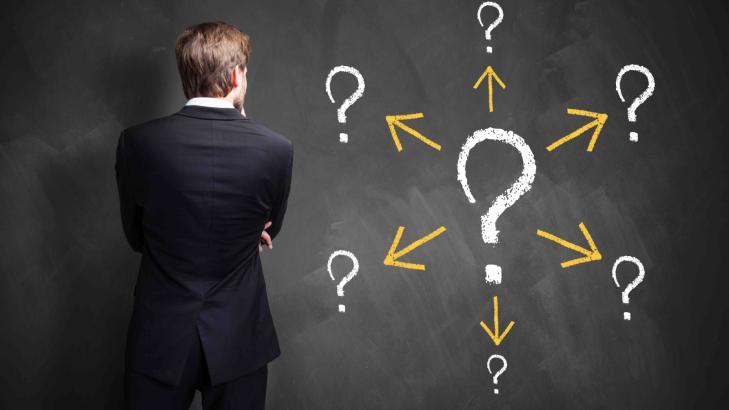At the same time, the expectation that things will go wrong can influence our decisions and behavior and increase the likelihood of negative outcomes. It can lead to acceptance of uncertainty, even inclination toward it. It leads to more risk-taking while opening up more possibilities, greater adaptability, and perhaps greater satisfaction.
Does enjoying life preserve how we react to uncertainty?
As researchers Gregory, Quoidbach, Haase, and Piff described in 'Emotion' magazine in 2021, enjoying life is “a form of emotion regulation that involves deliberately regulating positive influence.” The feeling of pleasure in life may occur spontaneously, a choice we make, or even a philosophy of life.
“One swallow does not make a summer, nor one fine day; similarly, one day or brief time of happiness does not make a person entirely happy” - Greek philosopher Aristotle.
In their research, Gregory and colleagues studied how uncertainty affects our ability to enjoy life. The increased pleasure was linked to looking for positive conditions, looking at the pleasant side of things, taking action to make things more enjoyable, reassessing how we interpret events to find positive sides, and acting differently to see the best in situations.
The study authors refer to the literature regarding the many studied benefits of enjoying life, including improved wellness and safety, raised self-esteem, increased happiness, relief from depression, increased resilience, and enhanced sense of meaning in life, as well as potential beneficial effects during an illness such as reducing inflammation and relieving physical symptoms of cancer. To better understand the role of low levels of uncertainty, Piff and colleagues conducted three studies on how pleasure relates to uncertainty.
In the first study, they tracked the emotions of more than 6,000 people throughout the day using a survey app called 58 Seconds, which allows participants to respond to small surveys quickly. Using probing questions, they looked at measures of uncertainty, enjoyment of life, and emotional state. They analyzed a complex dataset containing more than 18,000 self-reported observations.
They found links between uncertainty earlier in the day and the increased enjoyment of life after several hours and its persistence after controlling for a range of potentially confusing variables, including age, time of day, day of the week, and emotional state. This correlative effect was relatively short-lived. It dropped after 7 or 8 hours.

The second study dealt with the issue of causation. After watching videos designed to control the sense of predictability in life - one to increase the sense of uncertainty and unpredictability in life, the other to present the future as more stable, and the third video as neutral - 397 participants rated the level of negative emotions and three different measures of enjoyment of life. The research team found that increased uncertainty causes an increase in the ability to enjoy life. The first study proved that controlling the feeling of uncertainty affects the enjoyment of life.
The third study used a realistic design to examine the ability to enjoy life outside of a self-report or laboratory environment. The researchers handed out flyers to people they passed on the street and later asked them to choose whether they wanted to literally "stop and smell the flowers" at a roadside station.
More than 200 people received one of the two fliers, which showed an image of a flower with the text “Stop and smell the roses.” They were identical other than one with the slogan “Life is unpredictable” and the other, “Life is constant.” About 150 feet away, the researchers had a table with a bouquet of roses. Bystanders were offered the option to enjoy the scent while research assistants hiding nearby recorded their reactions.
And people who received a flier containing the phrase "life is unpredictable" were 2.58 times more likely to stop and smell the roses. This effect remained constant after controlling for the participant's age and gender, supporting the survey-based findings that initial awareness of life's uncertainty - on average - Increases the chance of enjoying experiences when the opportunity presents itself.
Enjoying life as a way to influence uncertainty
For many, the enjoyment of life is more than an important concept in positive psychology; it is a way of life closely intertwined with developing the life philosophy of living well, flourishing, or good life. Also, it is a philosophy of living life to the fullest that Aristotle described as virtue.
Given the irreducible uncertainty in life, how to live well in the face of unpredictable success and failure is a deep and enduring question that humanity has grappled with for centuries. Adding uncertainty to the threat makes it seem more dangerous.
Meanwhile, over-predictability is dull and lifeless, and adding uncertainty leads to adding joy to relationships, storytelling, and even with oneself, which is the core of creativity and pleasure. Certainty can be reassuring and required for stability, but in the end, finding the right balance between unpredictability and control is deeply satisfying.

After establishing the fundamental relationship between uncertainty and enjoyment of life, there is scope for future research that looks at different types and degrees of uncertainty, getting a better understanding of how enjoyment of life and uncertainty over longer periods and how certain types of threat affect responses to enjoyment of life, including the role of death anxiety - the “emergence of mortality.” It is part of the fear control theory, which looks at the impact of our relationship with death on how we make decisions. Another question comes to mind: Does enjoyment of life influence future emotional responses to uncertainty? If people are encouraged to enjoy life, do they experience uncertainty with less negative emotions and a more adaptive response?
Enjoying life goes beyond the feeling of improvement; the coping mechanism is likely to become a way of life. Of course, enjoying life is not a one-size-fits-all solution to thrive. Just telling someone to try to enjoy life in difficult times is a move away from the goal. The ultimate goal of living a whole life is attractive, but framing a creation - such as this one - as a simple option risks losing the reality of how difficult it is to change. The traumatic experience that has not been resolved can undermine the ability to guide enough to sort out even basic needs.
Given that we are amid a pandemic, not to mention countless other changes at the global and societal levels, learning to make the most of living, despite the unpredictability of the future, remains a valid and existential question.
Enjoying life can play an evolutionary role; it acts as a way to compensate for the negative emotional and psychological effects of uncertainty to chart a responsive and adaptive path through life's vicissitudes, along with an explicit awareness of problems and constructive work. Besides individual adaptation, enjoying life is a shared experience, allowing people to join society during the best and worst times, stay in tune with what is useful, important, and sad, and move forward together.






Add comment